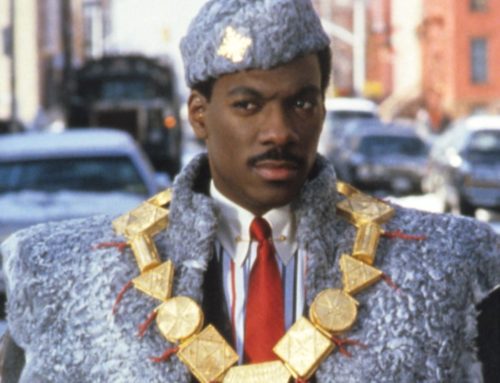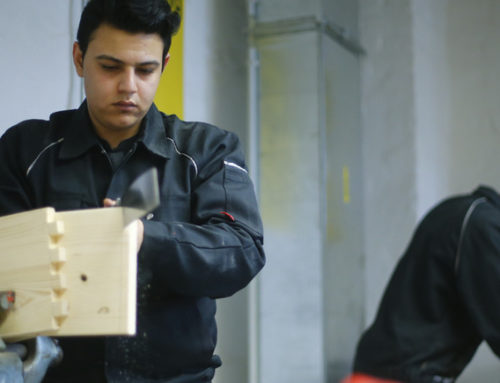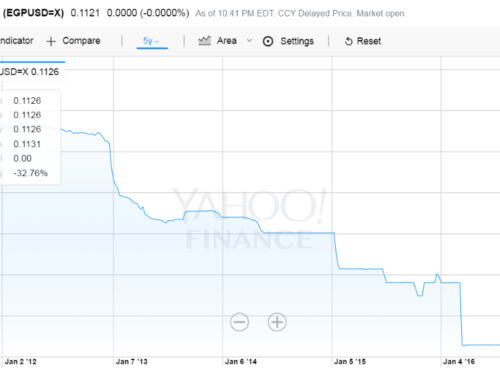Crossposted at Foreign Policy Transitions.
In brief: besides, as Jon Stewart says, “we don’t care to know enough about countries we meddle in”, Sudan has suffered for so long from such negative coverage that the media is finding it hard to offer any positive narrative coming from there.
[youtube http://www.youtube.com/watch?v=YdkfiFeKVzY]
WHY WE’RE IGNORING THE REVOLUTION IN SUDAN
There’s a revolt in the making in Sudan. (You can track it on Twitter at #SudanRevolts, and take a look here and here for background.)
You’d think it would catch the world’s attention. The revolt is being led by an educated, young, polyglot class of people attempting to spread the message in half a dozen languages. Media-savvy bloggers and activists are being arrested; internet campaigns to free them are launched every day (in Arabic and English). Foreign journalists are being detained and deported. The protestors are confronting a military-religious dictatorship with demands for a civil state and social and economic justice. And, unlike some of the other worst offenders in Africa, the ruling regime is at least somewhat familiar to the western public thanks to coverage of the atrocities in Darfur and South Sudan (not to mention the involvement of George Clooney and company and the International Criminal Court’s first arrest warrant — as yet futile — for an acting head of state).
The headlines ought to write themselves. Sudanese Twitter-users would gladly provide the live coverage, if given the chance.
Why, then, is the international media ignoring Sudan’s uprising?
Friday’s protests, organized under the wonderfully tongue-in-cheek name “elbow-licking Friday” (in reference to a speech made by dictator Omar al-Bashir, who suggested that efforts to topple his regime were as hopeless as attempting to lick one’s elbow), marked the culmination of the past week’s protests across the country, which were triggered by recent price hikes that came on top of years of repression of civil liberties. The protests are continuing, and the revolt will probably only grow with time.
Yet the international media has largely ignored them, save for the occasional news segment or article that managed to get to the front page. In any case, Sudan has received nowhere near the coverage that Tunisia, Egypt, Libya, or Syria received.
And it is imperative that we ask why this is the case.
One possible explanation is “revolution fatigue.” Newsrooms may believe their readers are tired of the Arab Spring’s various manifestations across the Middle East. Yet last Friday, dozens of international TV channels covered Egyptian president-elect Mohamed Morsi’s speech in Tahrir Square (which, though important, was not actually an official inauguration speech). Some even broadcast the entire speech live. So perhaps that particular theory doesn’t hold water.
I believe there’s another problem: For the past two decades at least, the international media has chosen to designate Sudan’s people as global villains. Now the journalists are finding it impossible to backtrack on that position and hail the Sudanese as normal people aspiring for a better life.
This is remarkable. In the past, even when civilian populations have indeed taken part in massacres (Serbians and Rwanda’s Hutus come to mind), journalists have always been very careful not to paint them in a negative light lest they unjustly smear innocents. Which is, indeed, the ethically right thing to do.
But Sudan’s main conflicts have been nothing like that. The war in the South was the closest a civil conflict could resemble a “classical” war between armies. Though atrocities were committed, these were not the deeds of civilians. The genocide in Darfur was the work of an organized army and its paramilitaries.
What’s more, these are complex conflicts, driven by history and oil and phosphate and colonialism and proselytism and internal strife and scheming leaders — and, yes, often by naive followers, too. Volumes are still being written about Sudan’s wars, attempting to shed light on what really happened and why.
It was easier to explain Sudan’s conflicts with simple dichotomies. The North-South civil war was invariably reduced to “the Muslim North versus the Christian South.” I’m sure you’ve read this sentence before.
When commentators and writers realized that Darfuris were Muslim too, the Darfur genocide became an “Arab versus African” conflict.
But the global community knows next to nothing about the reality of Sudan.
Had we tried to better understand it, we would have realized that these weren’t fights between blacks and browns, or Muslims and Christians, but a struggle between a tyrannical regime and the citizenry. So it was in the civil war, so it was in Darfur, and so it is now with the Sudanese revolt.
In both wars, the implicit (and sometimes explicit) blame was ascribed not only to the political leadership in Khartoum, but to the Northern Sudanese population as a whole. Racism is not too strong a word to describe this. It was easy, and (North) Sudan is an easy target. It has no effective lobby in America, in contrast to the strong and organized South Sudanese presence. Too many media outlets have covered Sudan with their Cairo-based correspondents. Sudan — which until recently was Africa’s largest country– receives less than 500,000 tourists a year. The U.S. Peace Corps has sent all of eight volunteers to Sudan since the mid-1980s.
Part of the blame also rests on sanction-happy, U.S.-based activists and various celebrities who failed to understand the complexity of the conflicts, and somehow believe that punishing the people of Sudan would stop the wars.
It was seen as justified to sanction the North Sudanese, to restrict their economic opportunities, to smear them and their country’s reputation (thus further damaging their economic opportunities). We know all too well that sanctioning dictatorships does not mean that the dictator will stop his bad deeds; instead, he will simply divert resources from the people to his war effort.
The global community, the media, and humanitarian activists need to snap out of their facile anti-Sudanese racism, and should give the situation in Sudan the attention it deserves — and the admiration its protagonists on the street deserve. We need to start joining them as they demand their basic rights, the release of political prisoners, and the freedom from a tyrant who, in his increasingly visible panic, will stop at nothing to destroy them. Expressing our interest in the revolts, even if passively, would pressure Al Bashir and provide much-needed support to the Sudanese revolutionaries.



